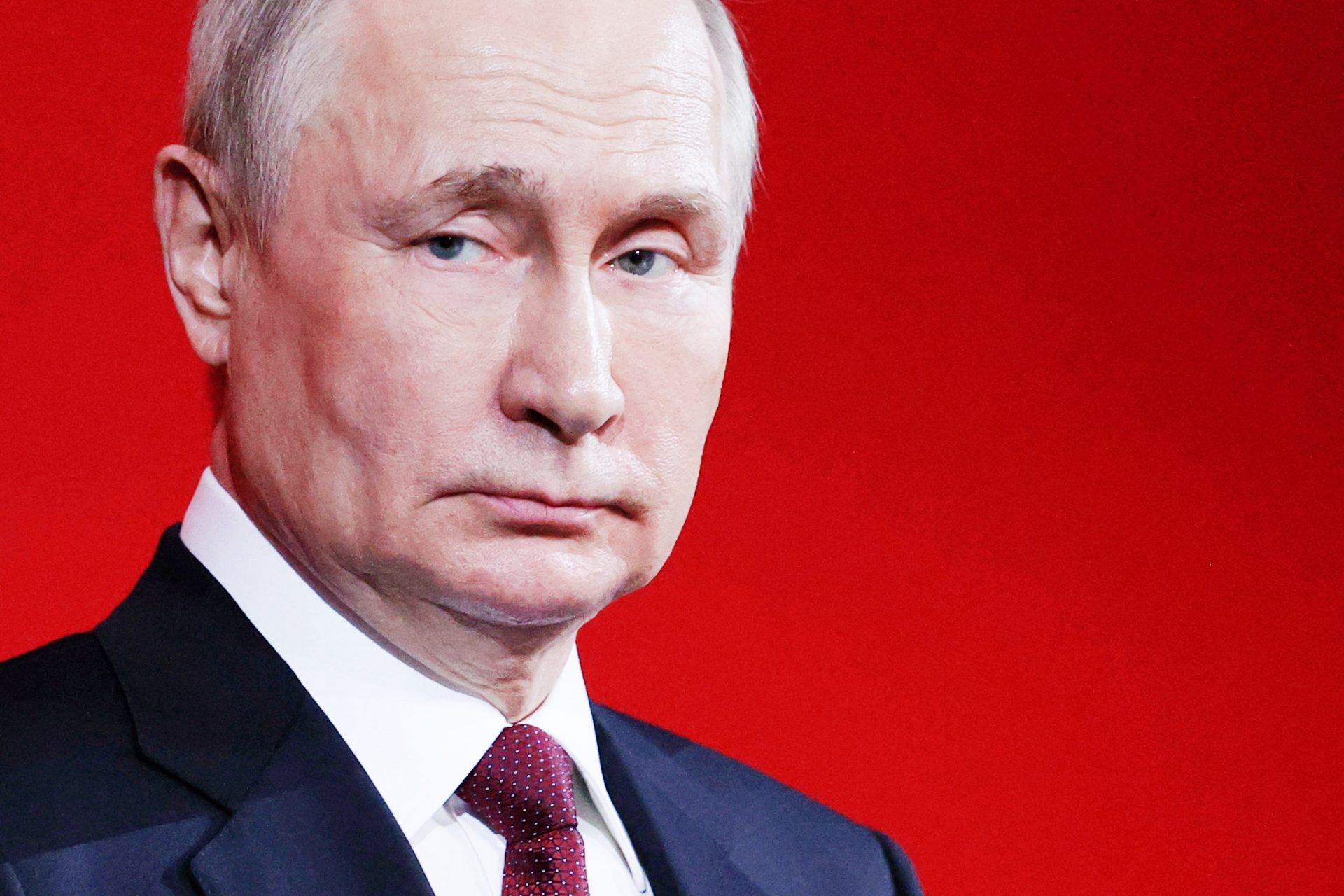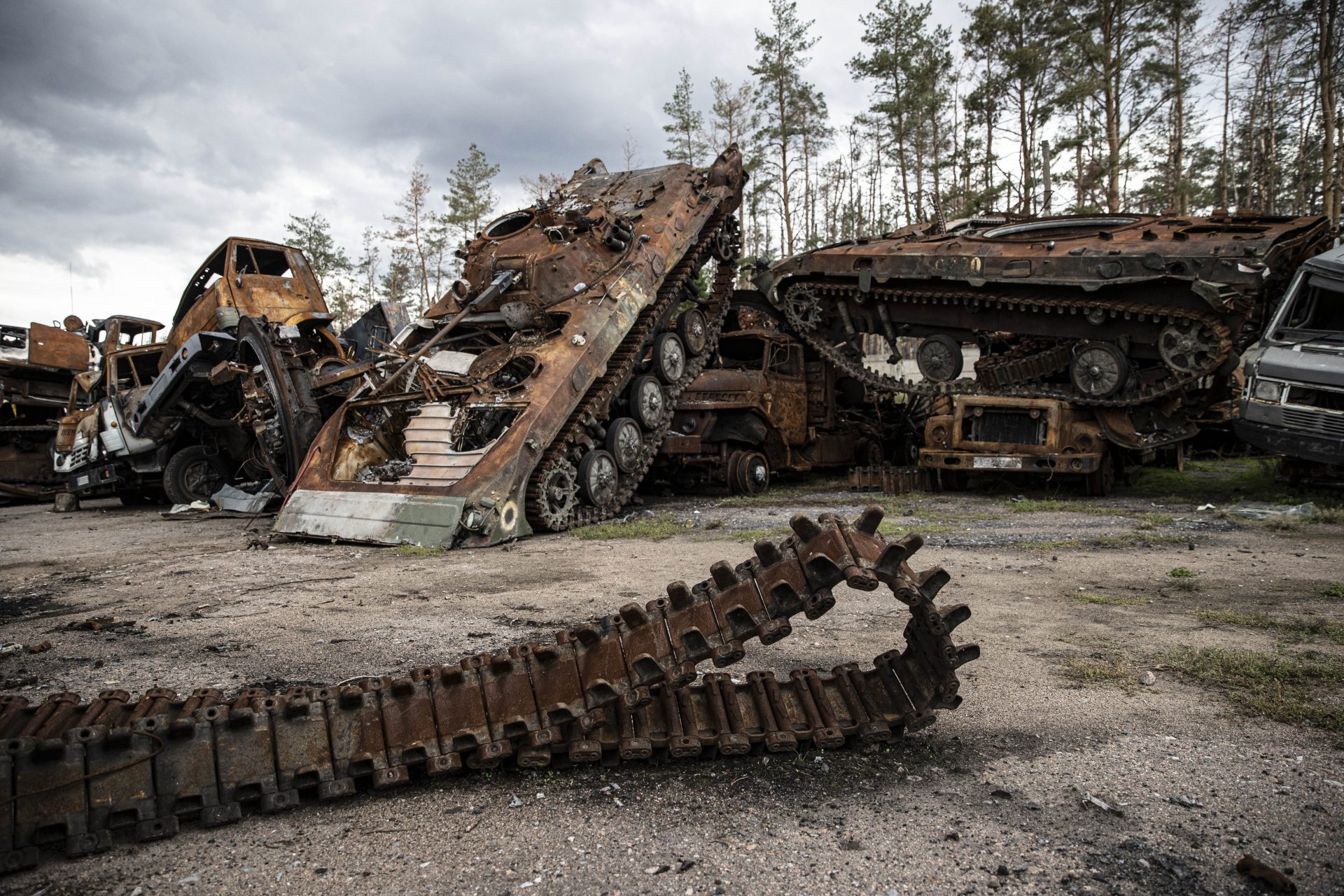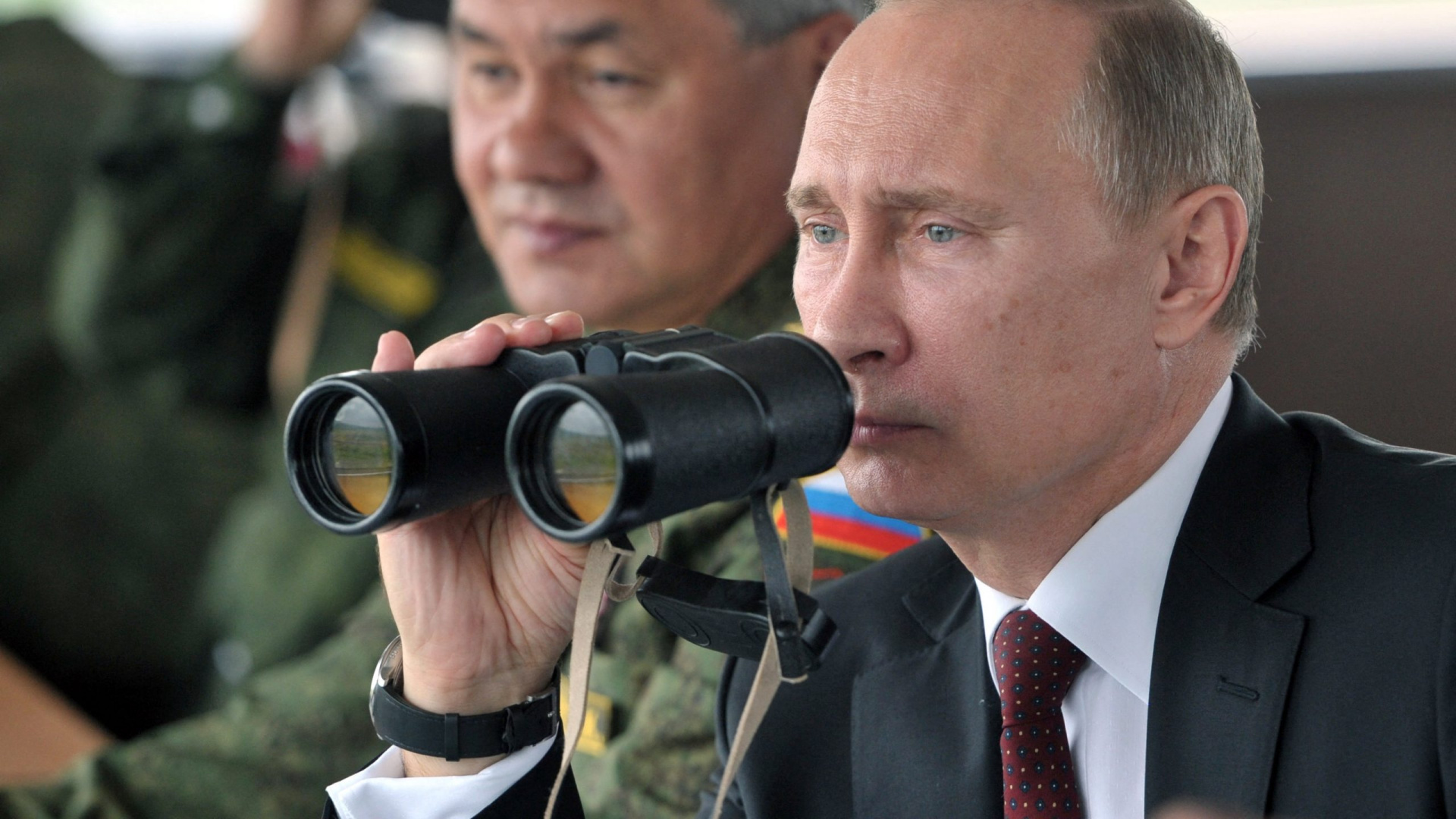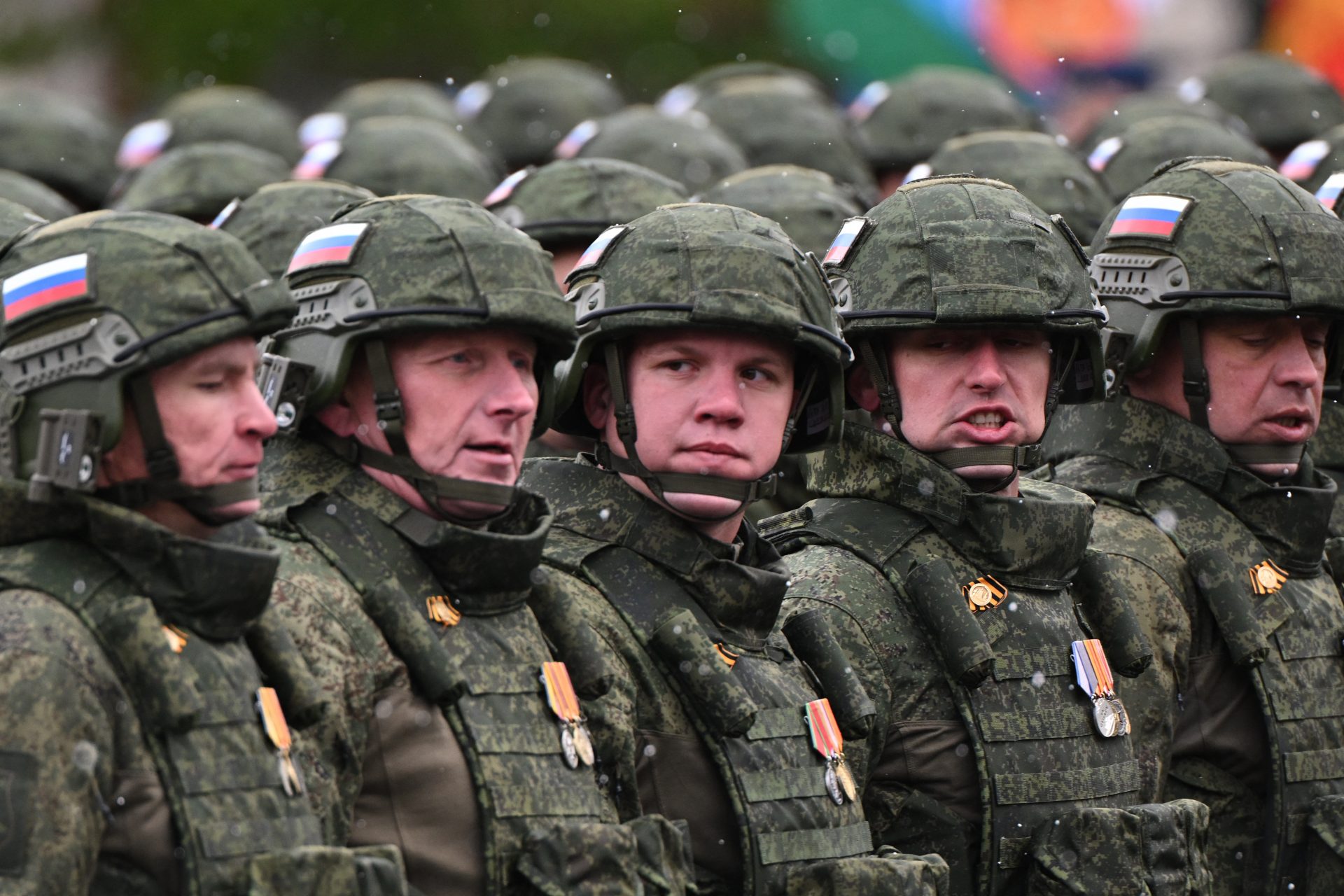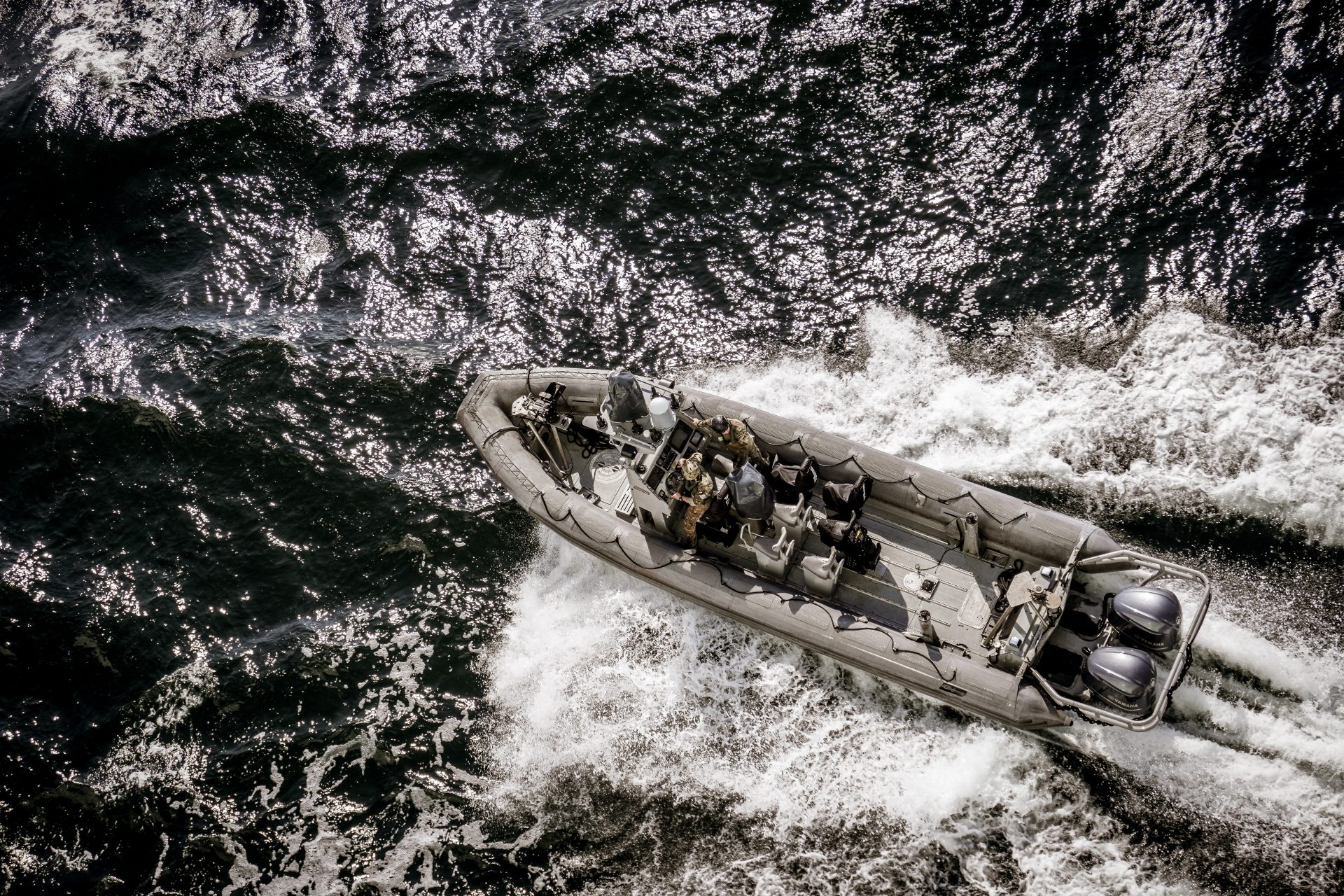Russia offers North Korea food for arms deal in desperate search for more weapons
Russia authorities have turned to North Korea in search of more weapons to help fuel their ongoing conflict in Ukraine, and they’re offering Pyongyang badly needed food supplies in return according to White House National Security spokesman John Kirby.
On March 30th, Kirby told reporters that Russia was seeking to acquire more weapons and ammunition from North Korea and said that a deal had been proposed in which Pyongyang would receive food aid in return for providing Russia with military assistance.
“As part of this proposed deal, Russia would receive over two dozen kinds of weapons and munitions from Pyongyang,” Kirby explained during a press briefing.
“We also understand that Russia is seeking to send a delegation to North Korea and that Russia is offering North Korea food in exchange for munitions,” Kirby added.
Russian forces fighting in Eastern Ukraine have come under increasing pressure as they’ve run short on ammunition and weapons during their winter offensive, thousands of pieces of armor have been destroyed and artillery ammunition has run low.
According to the United Kingdom’s Ministry of Defense, Russian forces have been forced to issue old artillery ammunition stock to soldiers that were previously designated as unfit for use and shell-rationing has been increasingly visible on the battlefield.
“In recent weeks, Russian artillery ammunition shortages have likely worsened to the extent that extremely punitive shell-rationing is in force on many parts of the front,” the Ministry of Defense wrote on March 14th.
The UK’s Ministry of Defense added that the shell deficit was the “key reason” why Russian formations had likely stalled and couldn’t “generate operationally significant offensive action,” a statement that has held true in the two weeks since it was written.
News of the alleged deal between Russia and North Korea came just hours after the U.S. Department of the Treasury's Office of Foreign Assets Control announced sanctions against Ashot Mkrtychev, a Slovakian national involved in negotiating the arms deal.
According to the Associated Press, Mkrtychev is at the center of the new deal and previously worked with North Korean authorities to secure dozens of weapons and ammunition on behalf of Russia in exchange for commercial aircraft and raw materials.
“Russia has lost over 9,000 pieces of heavy military equipment since the start of the war, and thanks in part to multilateral sanctions and export controls, Putin has become increasingly desperate to replace them,” Treasury Secretary Janet Yellen said in a statement.
“Schemes like the arms deal pursued by this individual show that Putin is turning to suppliers of last resort like Iran and the [Democratic People’s Republic of Korea],” Yellen added.
This isn’t the first time Russia has turned to North Korea for military aid since invading Ukraine. In September 2022, the New York Times reported that Russia bought millions of artillery from Pyongyang in a sign that international sanctions were working.
As for North Korea, the new deal would be a welcomed one since the country has been suffering from an increasingly difficult food situation brought on by the global pandemic.
“Unconfirmed reports say an unspecified number of North Koreans have been dying of hunger,” wrote Hyung-Jin Kim of the Associated Press in late February. “But experts say there is no sign of mass deaths or famine.”
A food-for-arms deal between Russia and North Korea could indicate that sanctions against both countries are working, though it is always difficult to get accurate information when dealing with governments that are not likely to provide public data.
More for you
Top Stories




















